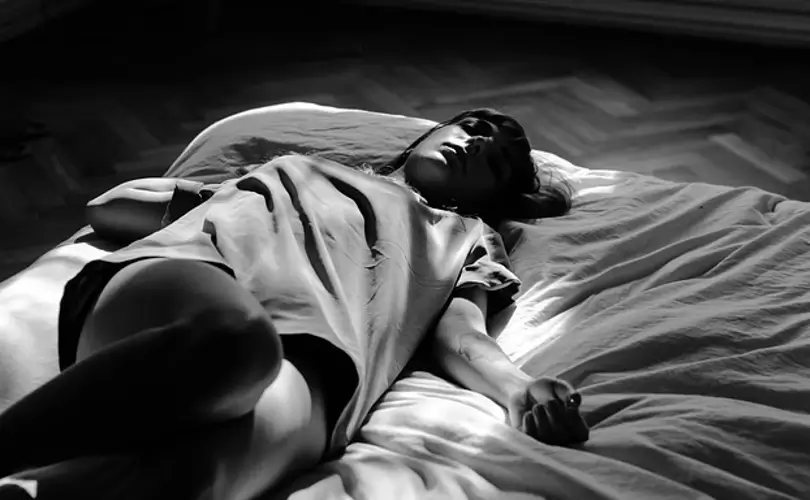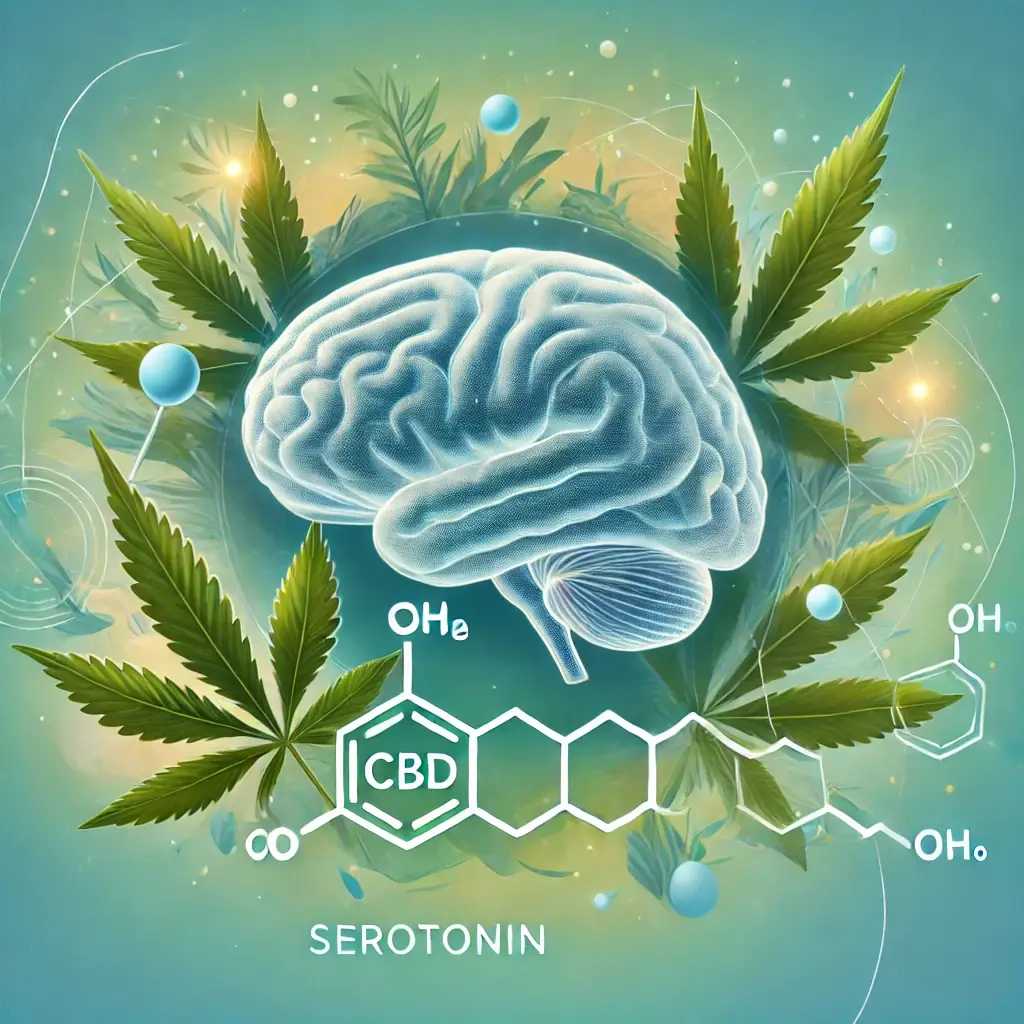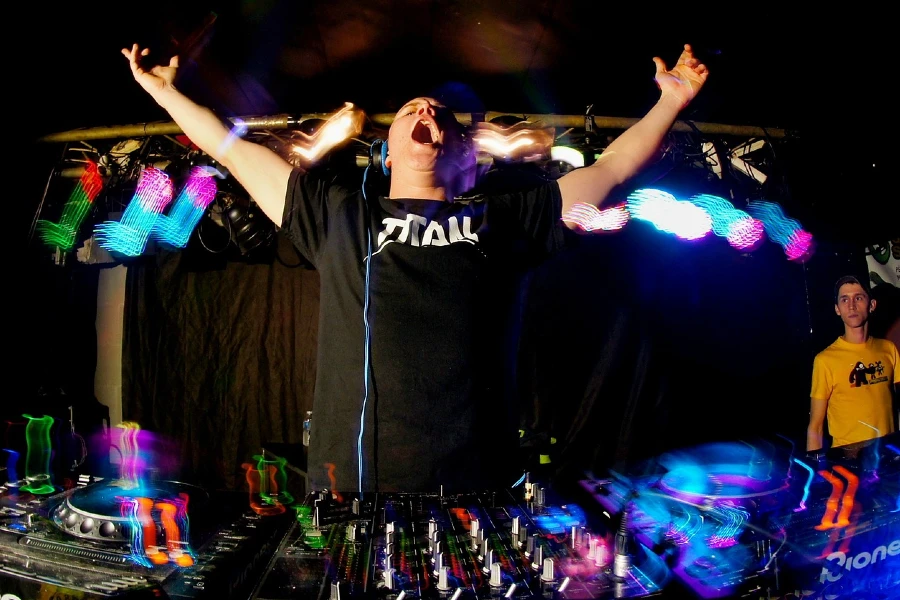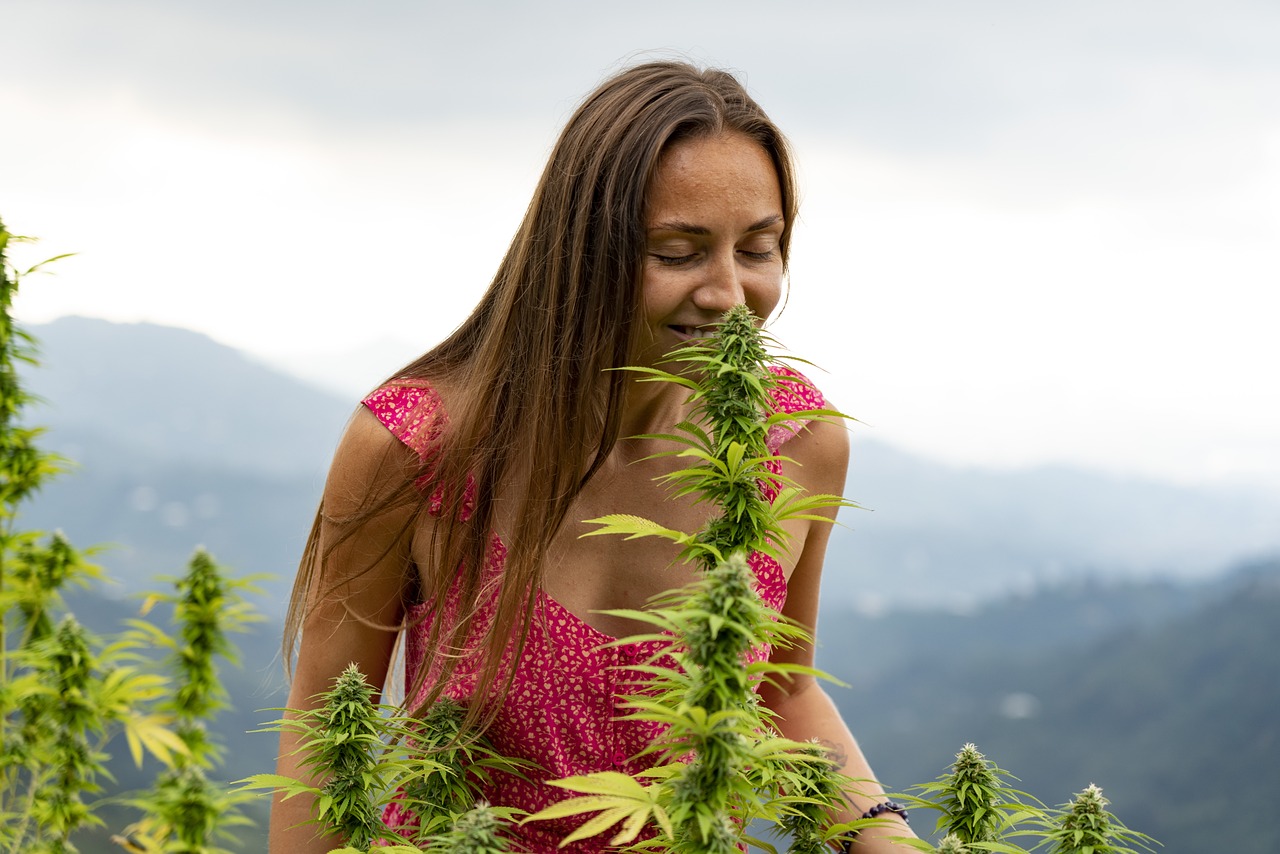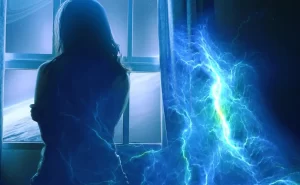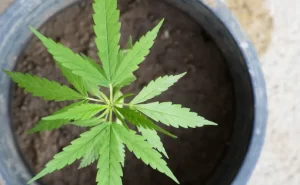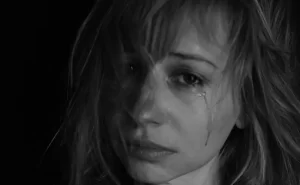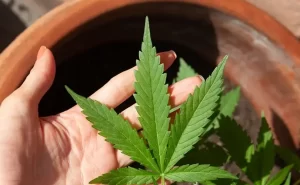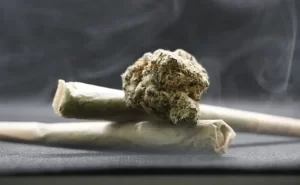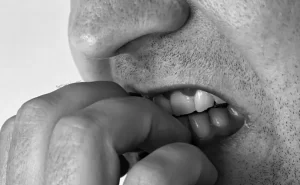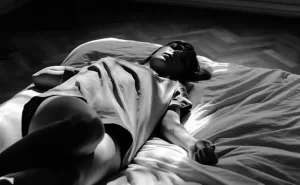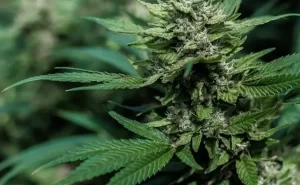For Sleep Disorders: Cannabis
Cannabis, sometimes referred to as marijuana, has long been utilized for therapeutic purposes. Cannabis is often used to treat sleep issues. THC and CBD are the major sleep-inducing chemicals in cannabis. THC makes cannabis psychoactive, whereas CBD does not.
THC regulates sleep by attaching to the endocannabinoid system. CBD interacts with the endocannabinoid system but is not psychotropic like THC. Cannabis has been demonstrated to cure insomnia, restless leg syndrome, and obstructive sleep apnea.
Lack of Sleep
Sleep disorders like insomnia cause trouble falling or staying asleep. About 1 in 3 adults have it. Stress, anxiety, sadness, and medical issues induce sleeplessness. Stress and anxiety-related insomnia can be treated with cannabis.
Restless Legs Syndrome
RLS is a neurological condition that causes uncontrolled leg movement. It can interrupt sleep, making it hard to fall and remain asleep.
RLS therapy with cannabis is beneficial. It reduces inflammation and relaxes muscles, relieving RLS symptoms.
Chronic Sleep Apnea
Obstructive sleep apnea (OSA) causes recurrent airway blockage during sleep. This can induce sleep-related snoring, gasping, and choking.
OSA can cause daytime tiredness, high blood pressure, and heart disease. Cannabis relaxes airway muscles, keeping them open during sleep, treating OSA.
Other Sleep Disorders
Cannabis can cure insomnia, restless leg syndrome, obstructive sleep apnea, nightmares, REM sleep behavior disorder, and chronic pain.
Safe and Side Effects
The drug cannabis is typically safe and well-tolerated. However, it may cause dry mouth, disorientation, and coordination issues.
Before taking cannabis, please consult your doctor because it may interfere with other drugs.
Cannabis may help with several sleep issues. Cannabis may not work for everyone, so see your doctor to address sleep issues before taking it. Cannabis can enhance sleep quality safely and effectively for people who can handle it.
